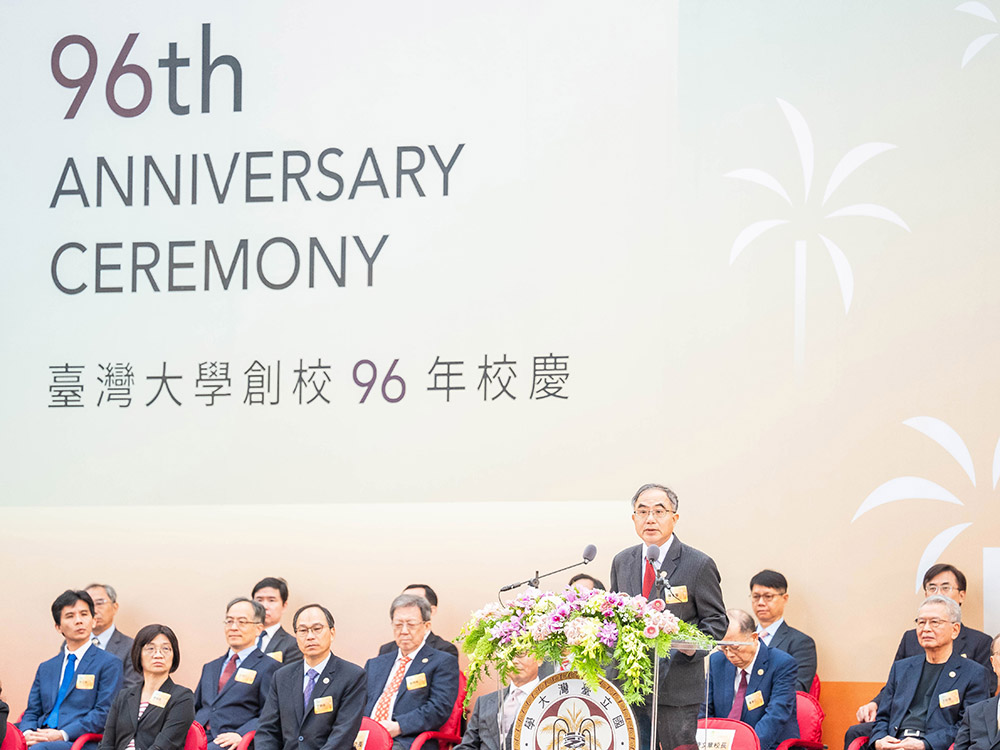
NTU celebrates its 96th Anniversary
瀏覽器版本過舊,或未開啟 javascript
請更新瀏覽器或啟用 javascript
Spotlights
BACT Summer Program (at Magang Tidal Flat)
BACT students on a lane in Lukang
Indoor lecture for BACT students in the Conference Room I of BIOAGRI
Instructor introducing ecological engineering methods to BACT students at the Experimental Forest, Xitou
The Biodiversity, Agriculture, and Culture of Taiwan (BACT) Summer Program is the most international program organized by the College of Bioresources and Agriculture (BIOAGRI), National Taiwan University (NTU).
BACT Summer Program was launched by BIOAGRI in 2007. Taught completely in English, the 1-month and 4-credit BACT program is open to students at NTU and around the world. Previously, BACT has attracted students from renowned universities in the United States, Canada, Singapore, Korea, and Japan. BACT courses are taught by the faculty of BIOAGRI and the other colleges across NTU, who collaborate with researchers or guides of external institutes to form a large and competitive instructor team. BACT students attend class in the main campus, BIOAGRI’s Experimental Forest at Xitou, and Highland Experimental Farm. In addition, they take DIY courses, team up to complete projects, and give presentations by the end of class. Moreover, BACT arranges visits to institutes and places related to biological conservation, local culture, and agriculture.
What distinguishes BACT from other summer programs is that the NTU Center for International Agricultural Education and Academic Exchanges would arrange a 2-week in-depth field trip for BACT students to truly experience Taiwan. In addition to familiarizing students with one another, the trip takes them to experience local cultures and customs, view diverse natural and ecological landscapes, observe the features of urban–rural transitional areas, experience climate differences between Northern and Southern Taiwan, explore the diverse landscapes from coasts to mountains and the derivative biodiversity, appreciate local rural landscapes, and taste famous local snacks. BACT facilitates international exchange and cultural learning among students, and enhances their interpersonal communication, critical thinking, and practical skills through teamwork-based research activities and courses. BACT is an international program that both educates and entertain students. It broadens students’ international outlook and enriches their cultural perspectives while facilitating language exchange and improving students’ knowledge of Taiwan.
In 2014, BIOAGRI launched another summer program, the Agricultural Laboratory Research Program (ALRP), to go with BACT for its partner colleges. The program is designed exclusively for BACT students from BIOAGRI’s partner colleges. Through this program, students can directly learn and conduct research at laboratories of the college for one month while getting to know their features. In addition to discussing with advisors and conducting short-term research, ALRP students can interact with BIOAGRI undergraduate and graduate students in the laboratories to experience cross-national learning and exchange. For international students, ALRP not only provides in-person learning experiences, but also facilitates their adaption to NTU’s learning environment. ALRP promises great international learning and research experience, both for NTU and international students.

NTU celebrates its 96th Anniversary
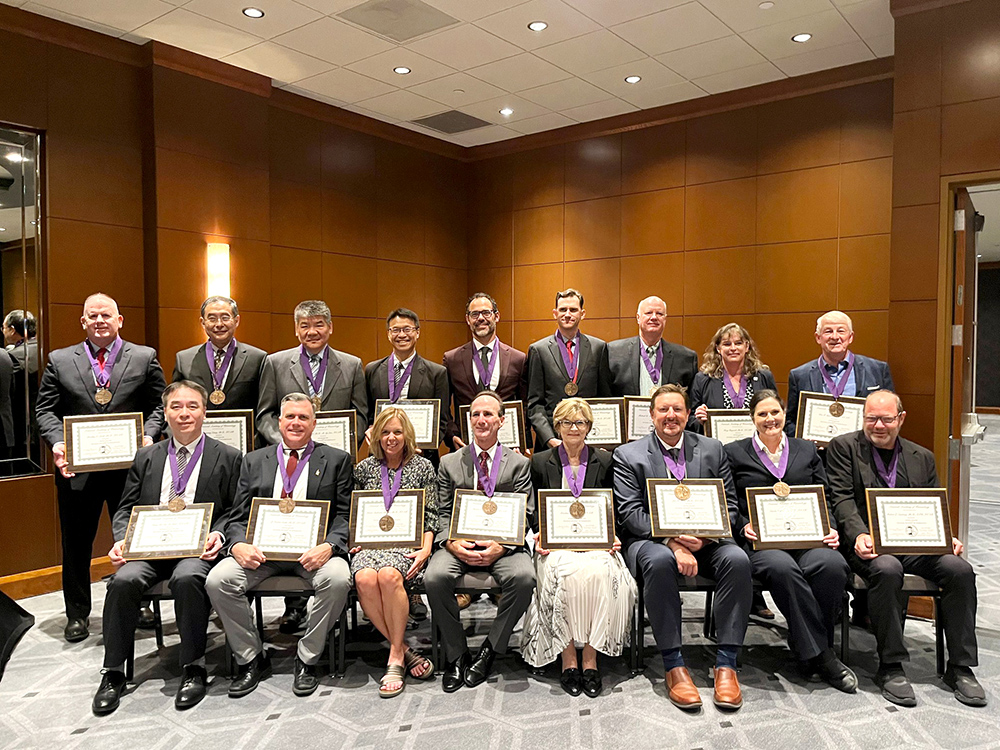
Prof. Tung-Wu Lu elected US National Academy of Kinesiology Fellow
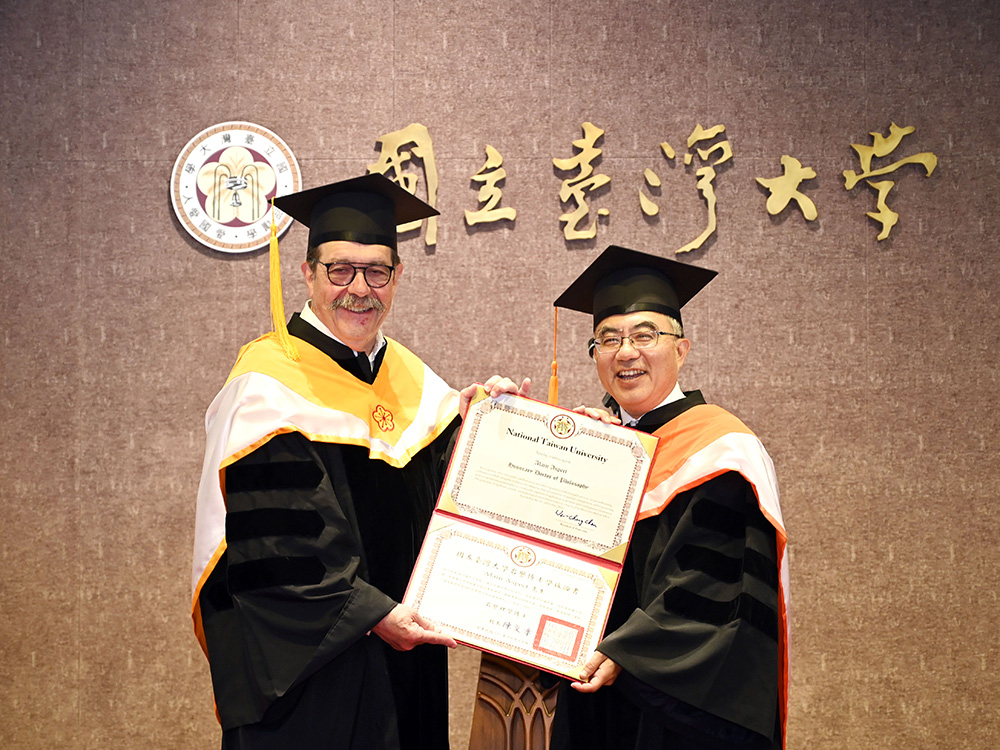
Nobel Laureate Alain Aspect awarded “NTU Honorary Doctorate” and “Raymond Soong Chair Professorship of Distinguished Research”
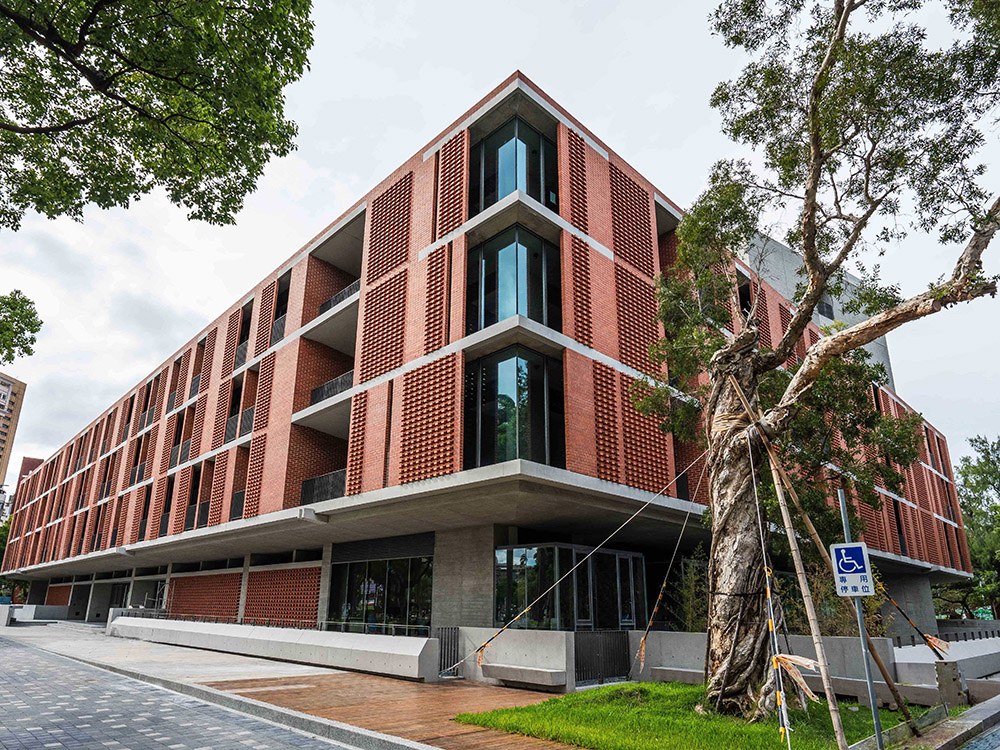
Newly constructed NTU Humanities Building wins Golden Stone Award
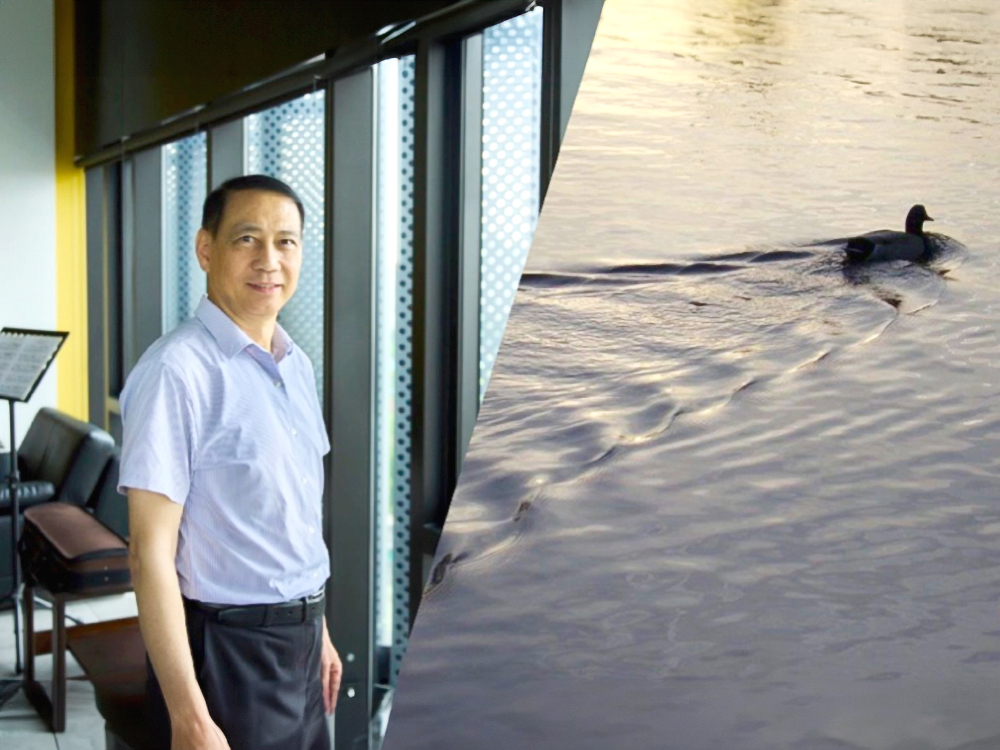
Prof. Pisin Chen Wins 2024 Chandrasekhar Prize
Current Spotlights

NTU celebrates its 96th Anniversary

Prof. Tung-Wu Lu elected US National Academy of Kinesiology Fellow

Nobel Laureate Alain Aspect awarded “NTU Honorary Doctorate” and “Raymond Soong Chair Professorship of Distinguished Research”

Newly constructed NTU Humanities Building wins Golden Stone Award

Prof. Pisin Chen Wins 2024 Chandrasekhar Prize